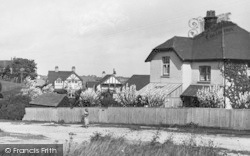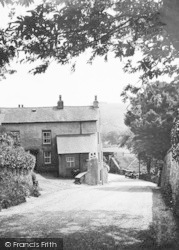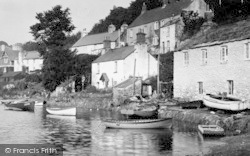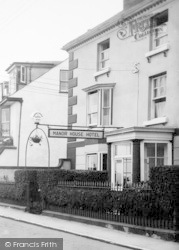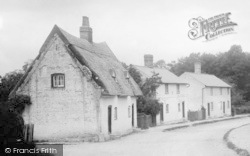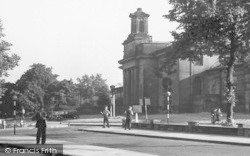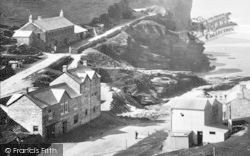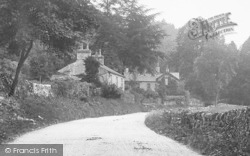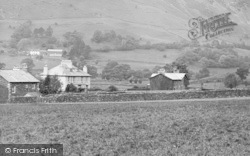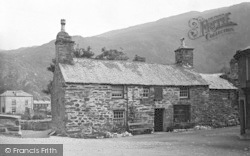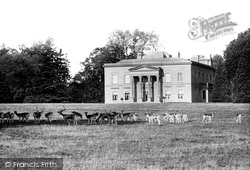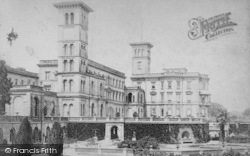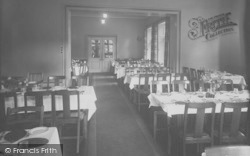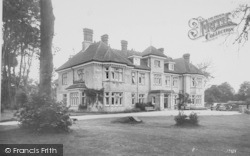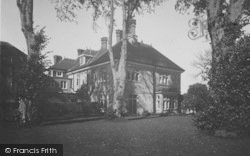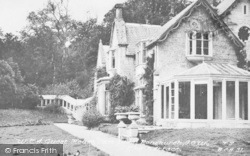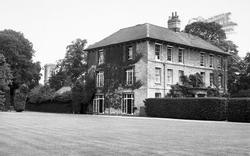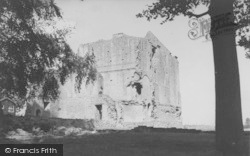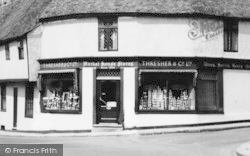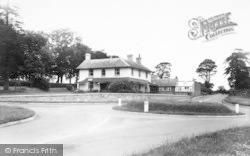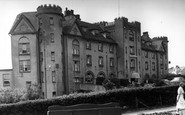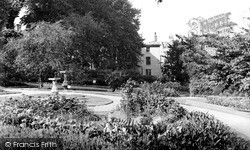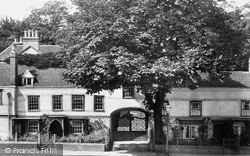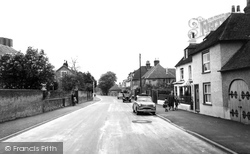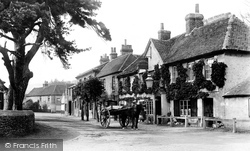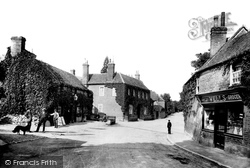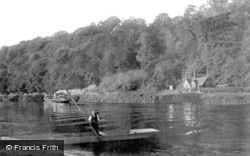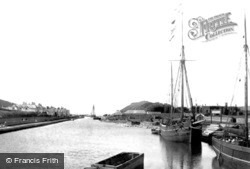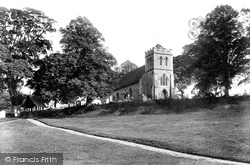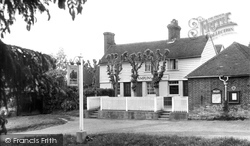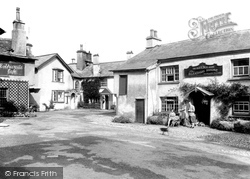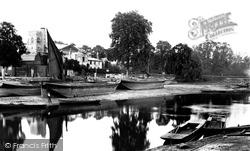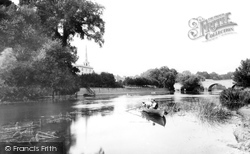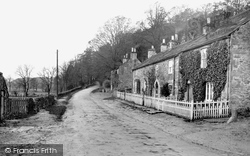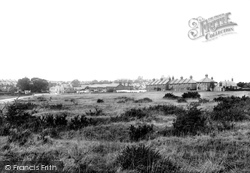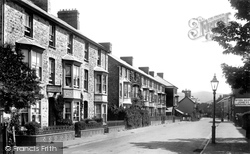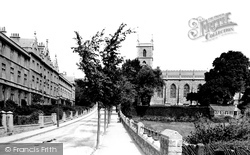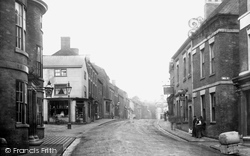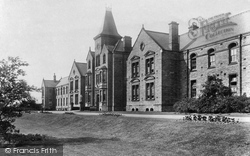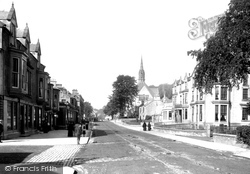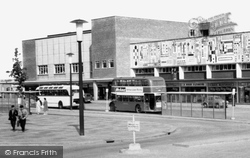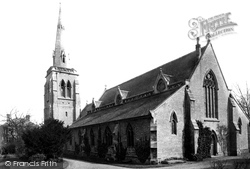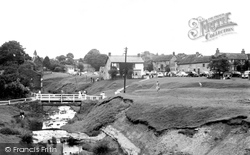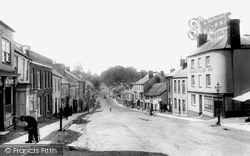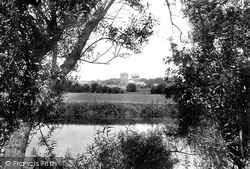Places
36 places found.
Those places high-lighted have photos. All locations may have maps, books and memories.
- Chatsworth House, Derbyshire
- Osborne House, Isle of Wight
- Brambletye House, Sussex
- Ickworth House, Suffolk
- Kingston Lacy House, Dorset
- Boscobel House, Shropshire
- Preshute House, Wiltshire
- Bolton Houses, Lancashire
- Brick Houses, Yorkshire
- Quaking Houses, Durham
- Water Houses, Yorkshire
- Bottom House, Staffordshire
- New House, Kent
- Mite Houses, Cumbria
- Lyneham House, Devon
- Church Houses, Yorkshire
- Dye House, Northumberland
- Spittal Houses, Yorkshire
- Street Houses, Yorkshire
- Tow House, Northumberland
- Halfway House, Shropshire
- Halfway Houses, Kent
- High Houses, Essex
- Flush House, Yorkshire
- White House, Suffolk
- Wood House, Lancashire
- Bank Houses, Lancashire
- Lower House, Cheshire
- Marsh Houses, Lancashire
- Chapel House, Lancashire
- Close House, Durham
- Guard House, Yorkshire
- Hundle Houses, Lincolnshire
- Hundred House, Powys
- Thorley Houses, Hertfordshire
- School House, Dorset
Photos
7,776 photos found. Showing results 4,101 to 4,120.
Maps
370 maps found.
Books
1 books found. Showing results 4,921 to 1.
Memories
10,360 memories found. Showing results 2,051 to 2,060.
How Burghfield Common Has Change.
I have lived all my 60+ years in Burghfield Common and I have seen it totally transformed. I was born and brought up in Three Firs Way, and lived here until 1987 when I got married and moved to Hunters Hill. ...Read more
A memory of Burghfield Common by
Memory Of Dagenham
I lived in fieldway my name is robert my sister was bridget I was friends with kevin George Jason used to play curbsy a lot loved cars and went to becontree social club, wondered if anyone went there or lived in fieldway our ...Read more
A memory of Chadwell Heath by
Willesden Green
I lived in Willesden Green from when I was born on the 1st June 1953 (2 PARK AVENUE) until I got married in August 1974. I simply loved the area. The house I lived in used to be my Grandparent's. Both died in Park Avenue.My ...Read more
A memory of Willesden by
Eastern Electricity Board Training Centre Harold Hill
I started at Harold hill in September 1966 as An apprentice electrical fitter. My lodgings were in Clock house Lane and I went to college at Hornchurch where I spent many a happy hour in the ...Read more
A memory of Harold Hill by
Children's Convalescent Home Charnwood Forest 1949
I was three years old when I went to Charnwood Forest for four weeks to convalesce in late spring 1949. I was recovering from pleurisy and pneumonia. My parents didn't have a car so I was ...Read more
A memory of Woodhouse Eaves
1965
1964 and my parents announced to us kids that we were going to move to the countryside from Great Bar in Birmingham where we were all living at my grandmothers house My Father had died back when I was seven and mother had eventually ...Read more
A memory of Market Harborough by
Charles Peters
Charles Peters was my Great Great Grandfather and he owned the Vale of Health Hotel in the early 1900's. He rented rooms to to the artists, including Henry Lamb and Sir Stanley Spencer. For whatever reason, Charles was so very ...Read more
A memory of Vale of Health by
My American Grandmother's Travel Diary From 1951 — She Enjoyed Her Stay At The Grenville Hotel
I searched for Grenville Hotel, Bude and found this site. I was reading my grandmother’s travel diary. She visited the hotel in June of 1951 and reported: ...Read more
A memory of Bude
Eary Days
I was born at home in 1940 at Thornbridge Road, We had a large brick built air raid shelter at the side of our house as far as I can remember it was never used, I can remember being under the stairs with my mother a couple of times but as ...Read more
A memory of Garrowhill by
Precious Memories!
Some of my most precious memories of life belong to Menith Wood. My parents bought a caravan where we had many happy times on the “Bird in Hand” public house caravan site, opposite the woods. I remember feeding “Thomas” the boar, ...Read more
A memory of Menithwood by
Your search returned a large number of results. Please try to refine your search further.
Captions
6,977 captions found. Showing results 4,921 to 4,944.
The gardens behind Bank House, situated in the lower High Street, were given to the town of Stroud in 1930 by Mr Ernest Winterbotham, and were intended as a quiet corner where shop workers could enjoy
The 16th-century Chantry in Hadham Road was built on the site of the original priest's house on lands granted under the will of Baldwyn Victor.
Since the 1930s thousands of houses have been built in Portchester. The A27 is at one end of Castle Street. From the White Hart pub to the castle there are a variety of Georgian red brick properties.
The Cross Keys remains, but the two houses in the distance on either side of the High Street junction are now estate agents.
This is now the busy A329, and the B4009 Newbury road is between the Bull at Streatley pub on the left, where the Three Men in a Boat lunched, and the Georgian Elm House beyond.
Now defunct, it originally carried barge-towing horses to the opposite towpath; later it became more of a leisure ferry to Cliveden House on the plateau above.
Houses line the left hand bank. In the foreground are examples of the tub boats mentioned earlier.
Here we see another church in an attractive location near the small village of Bekesbourne, which contains 18th-century cottages and some modern housing.
At the time of the picture, the Five Ashes public house was offering customers ales from Tamplins, Brighton Brewery.
A holidaying family relax with their dog outside the Old King's Arms pub and boarding house in the cobbled centre of the ancient village of Hawkshead.
The church is now more visible, for the house in front has since been demolished.
Back on the river, this view looks north-east from the Crowmarsh Gifford bank to Bridge House, with the remarkable spire of St Peter's Church beyond.
Slag found under houses on the west side might indicate that the Abbey carried out some lead or silver smelting.
The whole area is now much more developed with housing. The beauty spots of Fairlight Glen and Ecclesbourne Glen are nearby. It is washing day; we can see linen hanging from the lines.
This photograph shows the deserted High Street on a day of bright sunlight, with the summit of Pen Trum-gwr looming ahead, and the modest Edwards Commercial Hotel and Boarding House on the left.
On the left is Oriel Terrace, built in 1847, while the grounds of Glebe House are on the right.
The Crown was built in 1780 and also acted as a mail clearing house for long-distance coaches. Its bow bays are still intact.
This part of the building, which housed the offices, has an impressive entrance. Notice the two large lamps by the path.
However, in Victorian times the town became a popular spa, complete with pump room and baths and around 100 lodging houses.
In the 1960s the Dave Clarke Five played in the Mecca in Blenheim House. The nightclub was later called Raquel's - it closed in the 1970s.
A parish to include New England was created in 1857, and St Mark's Church was built on the edge of Spital housing estate in Lincoln Road.
The Quaker connection with the village was very strong and a Meeting House used to exist on the site, which was later occupied by Brookside Cottage.
It closed as a pub in 1972, and is now a Quaker meeting house.
The earliest religious house here was a nunnery founded by Cuthberga, the sister of King Ina, between 704 -723. The Danes destroyed it in the late 10th century.
Places (80)
Photos (7776)
Memories (10360)
Books (1)
Maps (370)


